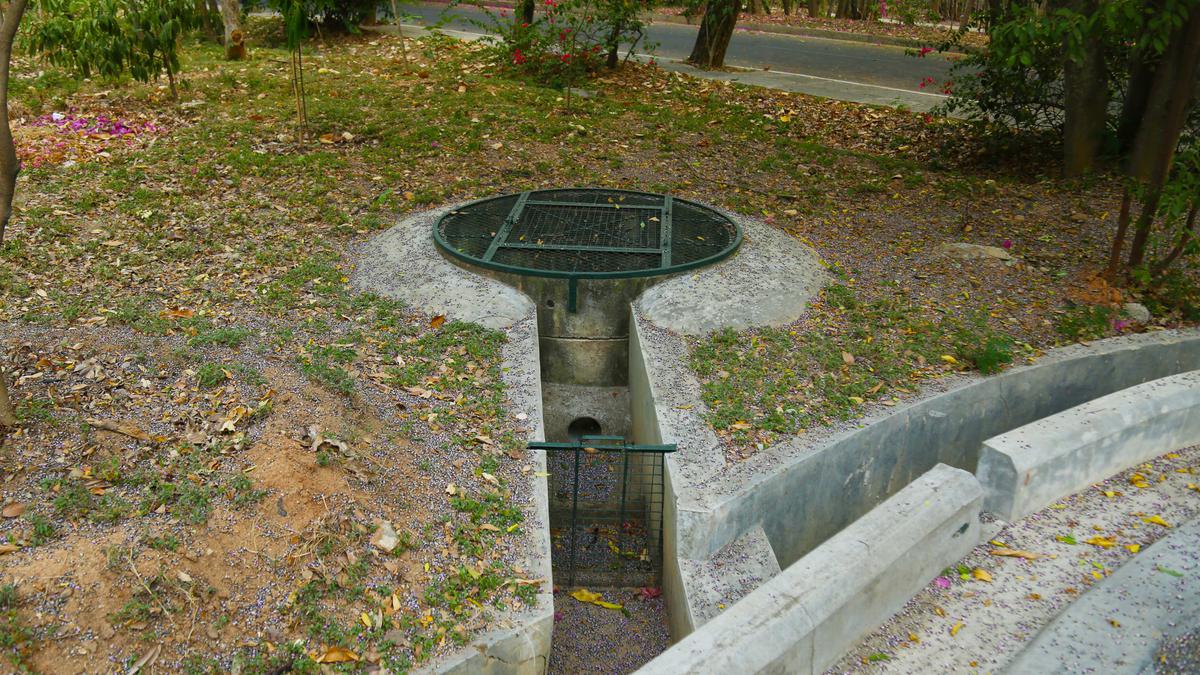
Karnataka to collaborate with ClimateRISE Alliance to make State climate resilient
The Hindu
Bengaluru, Karnataka partners with ClimateRISE Alliance to build sustainable cities, focusing on water management, gender equity, and climate resilience.
Karnataka is set to collaborate with the ClimateRISE Alliance, a consortium of civil society organisations and think-tanks, to build sustainable and climate-resilient cities, Vice-Chairman of Karnataka State Policy and Planning Commission M.V. Rajeev Gowda announced on Monday.
According to him, the collaboration focuses on six pivotal themes. The agenda advocates integrated urban water management in Karnataka to address water scarcity, protecting water bodies and enhancing water quality across the state through a series of measures.
“Karnataka State Policy and Planning Commission (KSPPC) is committed to making Karnataka’s cities climate resilient. Our collaboration with ClimateRISE Alliance, and their wealth of knowledge, research, analysis, and on-ground experience, will lead to transformative initiatives that safeguard our urban environments and enhance the well-being of our communities,” Gowda said.
The series of measures includes addressing knowledge, cost, and skill gaps hindering rainwater harvesting and promoting the practice, as well as developing aquifer- and sub-aquifer-based understanding and plans for groundwater management.
The other measures are adopting a river basin approach for water management, utilising historical maps, satellite imagery and archival data to create comprehensive maps showing newer and traditional water sources, encouraging citizen participation through initiatives like 'Lake Mitras', and developing comprehensive plans for wastewater collection and treatment with a reuse perspective.
It also emphasized gender equity and inclusion to ensure all initiatives prioritise the needs and perspectives of women, marginalised groups and people of different abilities.
In a statement, it said the agenda also includes promoting quality pedestrian infrastructure and safe public spaces accessible within short distances, adopting strategies for bringing jobs and businesses closer to mass transit, suitable provisions for mixed-land use, and robust first—and last-mile connectivity through public transport for the creation of self-sufficient neighbourhoods (the "15-minute cities" concept).

Tapping ‘neera’, a sweet nutrient-rich sap derived from coconut spathe, using the Coco-sap Chiller developed by the Indian Council of Agricultural Research (ICAR)-Central Plantation Crops Research Institute (CPCRI), Kasaragod, Kerala, has raised the hopes of farmers in earning income from coconut trees, even while keeping monkeys at bay.

The films presented at the Sci560 Film Festival were selected through an open call and curated by a jury composed of members from the Bangalore Film Forum and the SGB team. The festival’s screenings highlight various aspects of Bengaluru, from its urban landscape to its technological advances and deep-rooted scientific traditions.

 Run 3 Space | Play Space Running Game
Run 3 Space | Play Space Running Game
 Traffic Jam 3D | Online Racing Game
Traffic Jam 3D | Online Racing Game
 Duck Hunt | Play Old Classic Game
Duck Hunt | Play Old Classic Game















